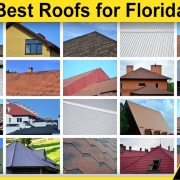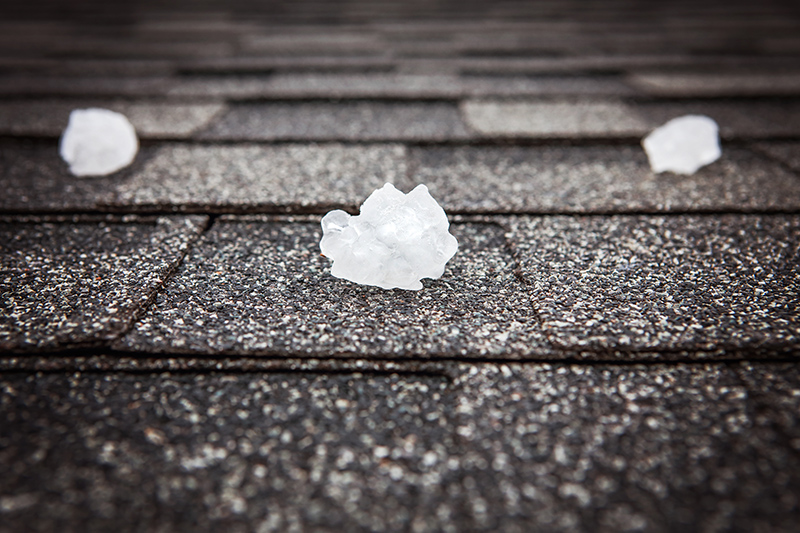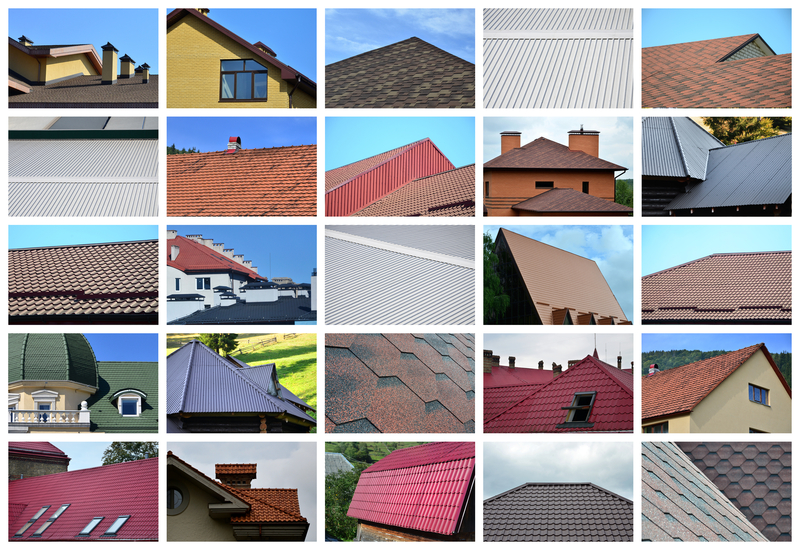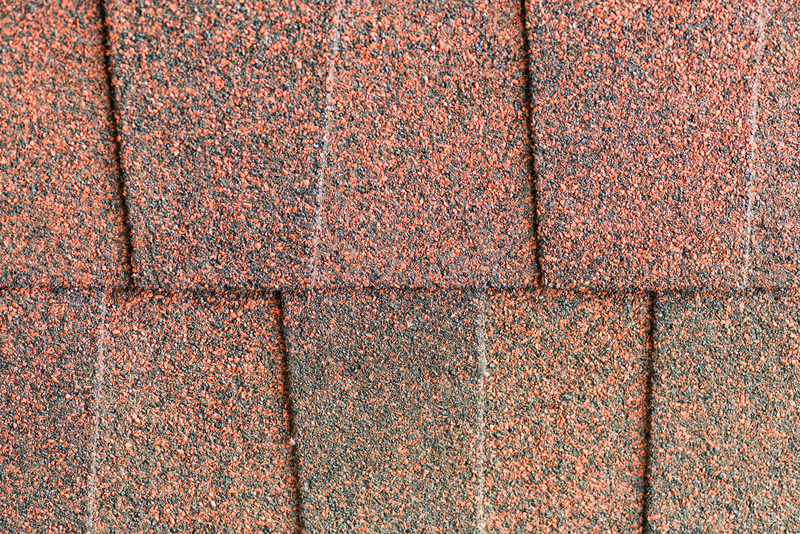How To Transfer A Roof Warranty
The topic of warranties often comes up during real estate transactions, whether you are buying or selling a home. The transferable warranty can be one of the most valuable assets for your home regarding the roofing system. Regarding appliances and floor coverings, warranties provide current and new home buyers peace of mind.
Warranty: What Is It?
A warranty is “a guarantee as to the integrity of the product as well as the maker’s responsibility for the repair or replacement of any defective components.”.
It is important to note that defective is one of the keywords here. Most warranties only cover defects in the product, not problems resulting from everyday use.
What is the warranty on your roof?
In most cases, roofing warranties are offered by the contractor or manufacturer of the roof.
Warranties for workmanship
The roofing contractor provides warranty coverage for workmanship and typically covers the quality of the installation.
The Manufacturer’s Warranties
The manufacturer’s warranty generally covers only the roofing materials and assumes that the roofing contractor installed them by the manufacturer’s instructions.
In some cases, contractor workmanship is included in extended manufacturer warranties. As it is uncommon for contractors to issue transferable workmanship warranties, this article will focus on transferring manufacturer roofing warranties.
How to Understand Your Roof Warranty?
The following information should be scanned when reviewing a roofing warranty document:
Who gives Coverage?
The warranty should specify who is covered by the warranty. Typically, the warranty covers the original owner of the shingles or roofing products and any subsequent owner of the shingles or roofing products.
What is covered?
The information provided here outlines specific products covered by the warranty and eligibility details, such as proper installation by an approved contractor. You will also find out the remedy should a defect occur. Will the warranty cover labor costs for tear-off and re-installation, or will the warranty only cover the cost of replacement materials?
Limitations on time
The warranty duration may differ for different components (shingles versus vents) and features (algae resistance, wind resistance, etc.), so it is important to pay close attention to the warranty’s wording.
Inclusions and exclusions
In most cases, the manufacturer’s warranty will outline some common scenarios that are not covered by the warranty, such as improper handling, mistakes in installation and roof preparation, and the impact of debris.
Process for filing a claim
It includes details about filing a claim, mailing it, and resolving disputes.
Warranty Terms: Limited, Lifetime, and Limited Lifetime
Warranty terms such as limited and lifetime are two commonly used terms. When these words appear in a document, they may have a different meaning depending on their use and the warrantor’s intentions. These words, such as “limited lifetime,” can also be linked together. Pay close attention whenever you see them.
What is a limited warranty?
The majority of warranties have conditions, due to which they are called “limited warranties.” The warranty usually covers time, wear and tear, and disallowed costs, like labor.
Several factors can limit a warranty’s scope. Always read your warranty thoroughly and understand its terms, whether it covers your roofing materials or any other items you purchase.
What is a lifetime warranty?
Warranty contracts by manufacturers should clarify what “lifetime” means according to their definitions for roofing products.
Limited lifetime warranty: what is it?
As a result of combining those two words, you will usually find a limited warranty in terms of the product and the coverage period.
What is an extended warranty?
A manufacturer may offer an extended warranty which provides additional or longer Coverage than the manufacturer’s standard warranty. Extended warranties are generally more costly and may only be offered under certain conditions.
Can Roofing Warranties be transferred?
Several factors will determine if a roofing warranty can be transferred to a new owner, including the terms of the contract. Transferable warranty contracts often have very strict guidelines that must be adhered to to ensure that the transfer is successful.
It may be necessary to incur costs associated with the transfer of warranty from the original owner to the new owner. Warranty transfer procedures vary among manufacturers and product lines sold by the manufacturer. It is also important to complete a transfer within the specified time-frame after a house has been sold.
The transfer of a roof warranty
During a transfer, it is important to keep in mind the following details:
- It is common for warranties only to be transferable once. In such a situation, only the second owner of the roofing product will be able to take advantage of the roofing warranty. Subsequent owners will not be able to transfer the warranty.
- Some manufacturers may transfer the warranty to the new homeowner for a small fee.
- Certain components may have reduced warranty coverage depending on the roof’s age at the transfer time.
Transferring a warranty involves three key steps:
- The deadlines
- History of ownership:
- Copy of deed, or closing documents, containing name of previous owner and new owner, as well as transfer date
Hopefully, the seller has kept their original manufacturer warranty documents or contractor agreement. If not, you should conduct a little detective work by asking the contractor who installed the unit for a contract copy.
A warranty transfer: what can homeowners do?
If you keep good records, transferring the warranty can be fairly easy. Ensure you register your warranty according to the manufacturer’s instructions after completing the roofing project. As a result, the new homeowner will be able to complete the warranty transfer more easily if the paperwork and a copy of the warranty are securely stored.
How do you handle a seller without warranty documents?
First, contact the contractor or supplier to verify the date and month of purchase. The year of installation is also needed.
Transferable Roofing Warranties
Warranty information lets consumers know that the manufacturer stands behind the product.
A manufacturer’s warranty may protect your roof, so you should inform prospective homeowners about it. If you’re buying a home, ask about the roof and get the paperwork you need to transfer the warranty if applicable. It could be a motivating factor.
Warranty Options for Roofing Contractors
Consider an professional roofing contractor network when you need a re-roof or roof repair. A warranty extension gives you more peace of mind regarding your product and workmanship.
About Gold Key Roofing
Our highly trained, certified roofing professionals inspect, test, evaluate and calculate all the necessary data from your project to provide your home with the ultimate protection – providing you with time-tested peace of mind.
In an industry where many roofers are in business today and out-of-business tomorrow, it is unusual to find a company like Gold Key Roofing with our experience and proven record of quality and reliability since 1975.

Roofing Services Offered in Orlando and surrounding Central Florida Areas:
| Residential Roof Repair | Roof Cleaning |
| Residential Roof Replacement | Roof Claims Assistance |
| Commercial Roof Repair | Blown-In Insulation |
| Commercial Roof Replacement |













